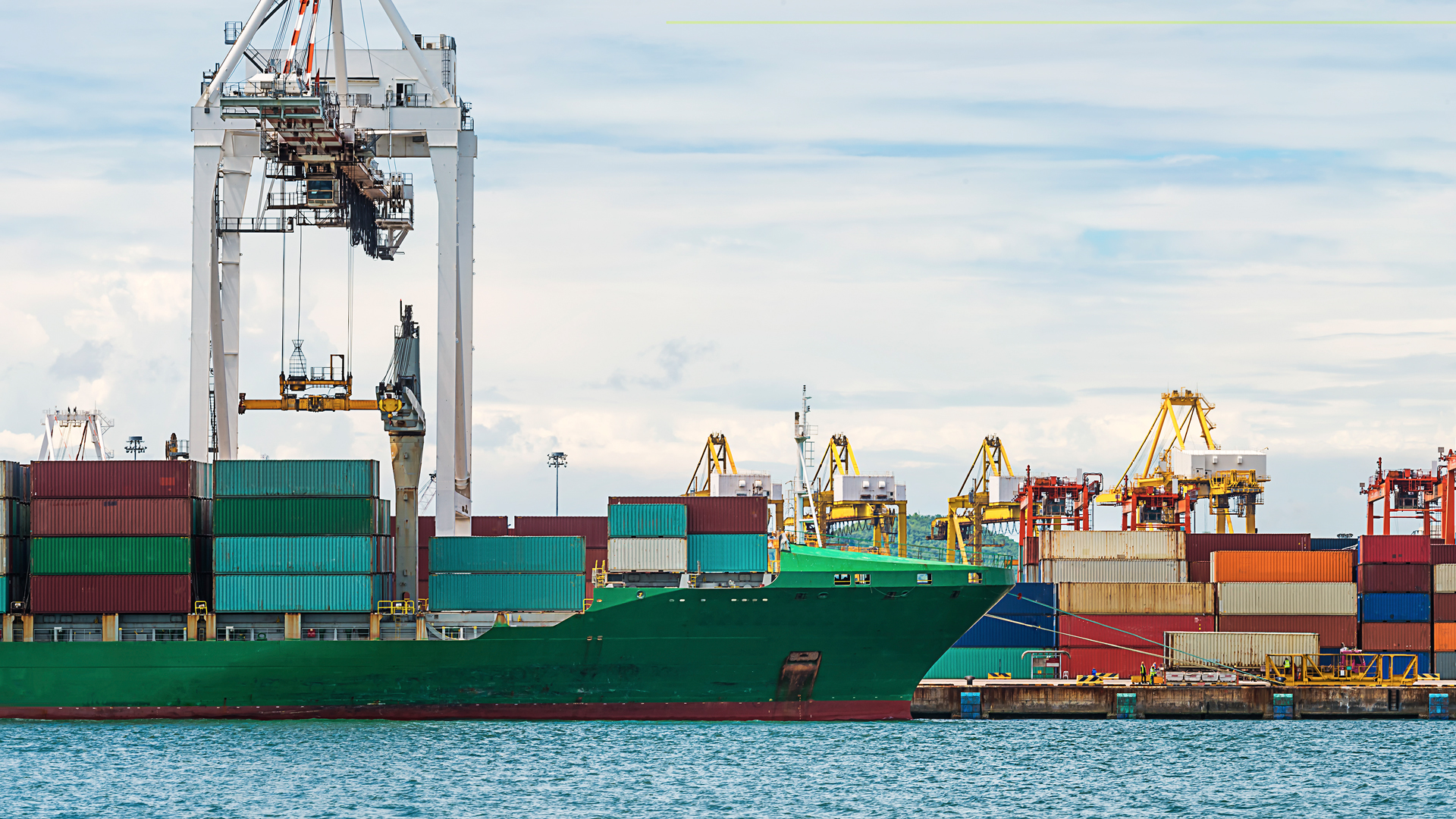The interim final rule that became effective on January, 26, 2009 has now become the final rule as to a great many ISF filings. However, for some time the U.S. Customs and Border Protection (CBP) and the trade have been discussing an urgent need for limited changes to Part 149 of the Customs Regulations, primarily to eliminate confusion as to ISF-5 and certain other filing responsibilities. The result has been the publication of a notice of proposed rulemaking in the July 6 Federal Register. The comment period expires on September 6, 2016. CBP has addressed the situation by drafting a new definition of “ISF Importer” – revised 19 C.F.R. § 149.1(a) – which reads as follows:
“For purposes of this part, Importer Security Filing Importer (ISF Importer) means the party causing goods to arrive within the limits of a port in the United States by vessel. For shipments other than foreign cargo remaining on board (FROB), the ISF Importer will be the goods’ owner, purchaser, consignee, or agent such as a licensed customs broker. For IE and T&E in-bond shipments, and goods to be delivered to an FTZ, the ISF Importer may also be the party filing the IE, T&E, or FTZ documentation. For FROB cargo, the ISF Importer will be the carrier or the non-vessel operating common carrier.”
We encourage our customers to:
- Read the proposed rule carefully
- Be in communication with your local and national trade associations to articulate your concerns and gain additional perspective
- Consider submitting comments of your own directly to CBP
- Take note of the fact that the proposed change could impose new ISF responsibilities upon NVOCCs in connection with FROB

